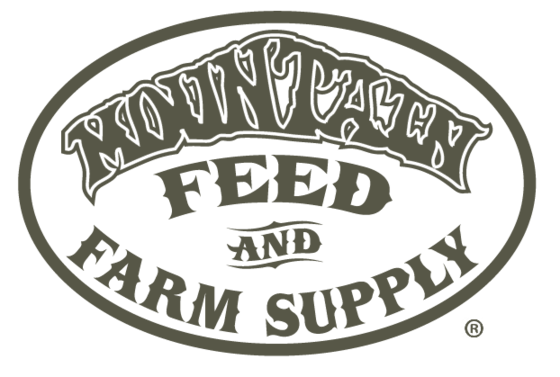- Continue Shopping
- Your Cart is Empty
Make Your Own Pectin for Jams & Jellies: Homemade Apple Pectin Recipe

What You'll Need
Equipment
- Large heavy bottomed pot
- strainer or cheesecloth lined collander
- 6 half-pint mason jars for storage
Ingredients
- 5 lbs underripe green apples*, coarsely chopped (not peeled or cored) *crabapples and quince also work wonderfully
- 10 cups water or just enough to cover the chopped apples
If you are not familiar with the water bath canning method watch our water bath canning video workshop. Always make sure you are following all safety guidelines outlined by the USDA when canning anything.
When making jams and jellies, the end result can only be as good as whatever goes into the jar in the first place. This is why homemade pectin is a great alternative to commercial pectins. Because now you know for sure you are using only the very best organic ingredients. The best apples to use for pectin making are the small under ripe ones that should be stripped off the tree to allow for healthier, larger fruit. This makes homemade pectin a bonus value product as you can make it from fruit that would have otherwise been wasted. All you need are these apples and some good old fashioned homesteader inspiration.
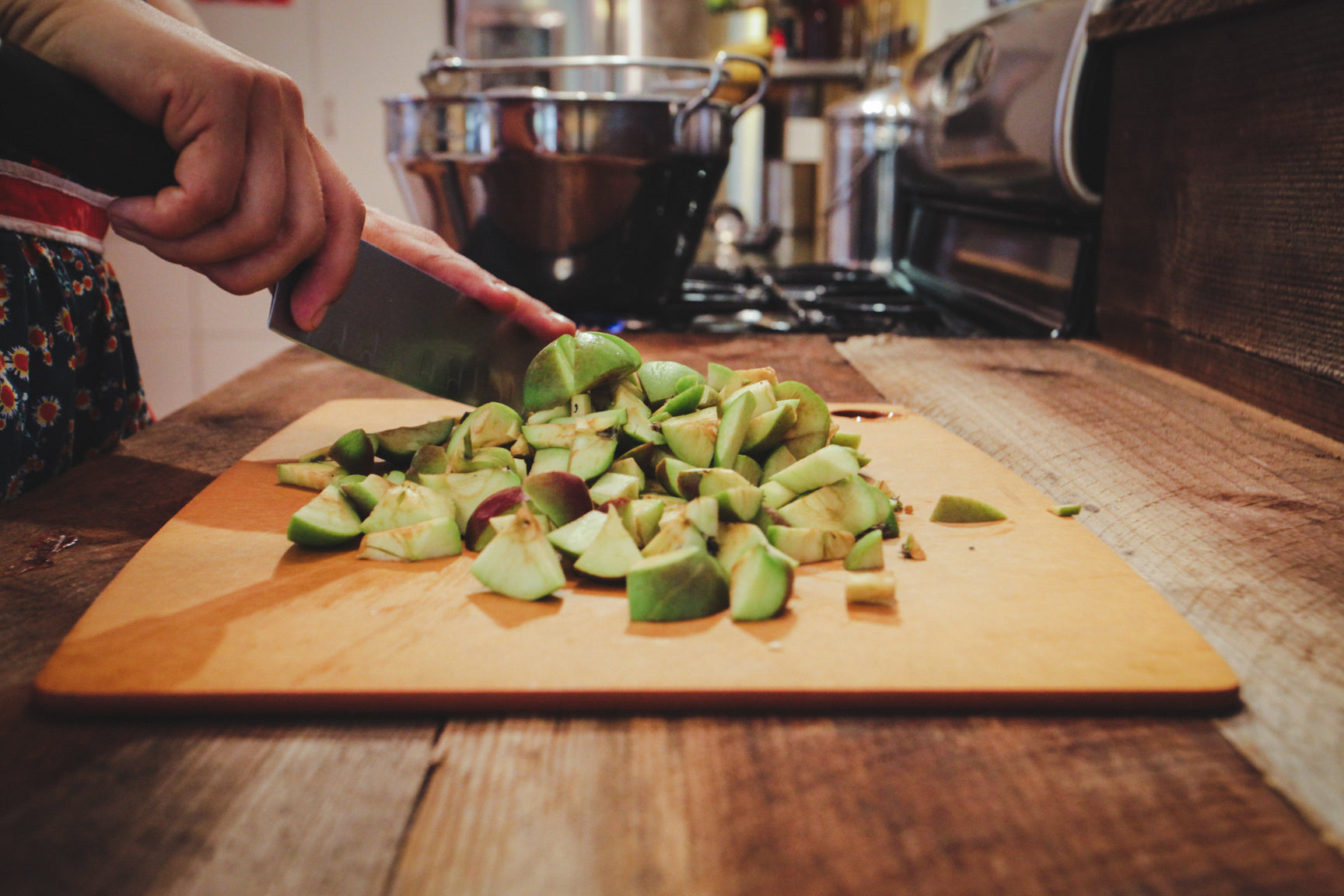
Directions
Makes 6 half-pints of pectin
1) Cook down your fruit
In a large stockpot, over high heat, bring the apples(or other fruits) and water to a boil, stirring occasionally to prevent scorching. Reduce heat to medium and simmer for 40 minutes or until apples are very soft. Remove from heat.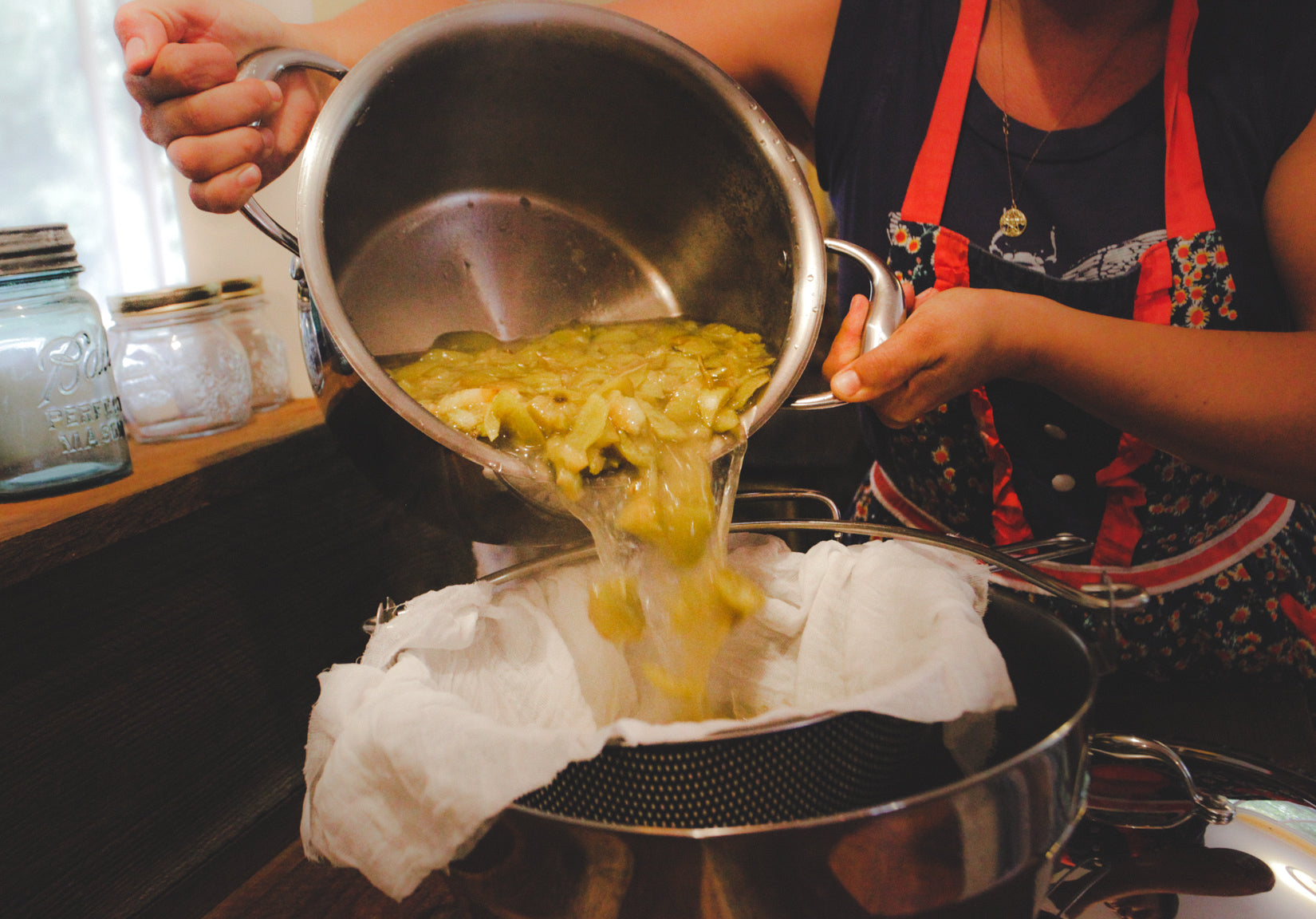
2) Drain the cooked fruit
Strain the apple mash through a jelly bag or cheese cloth lined colander set over a large bowl. Allow to drain at least 4 hours or overnight to extract as much juice as possible.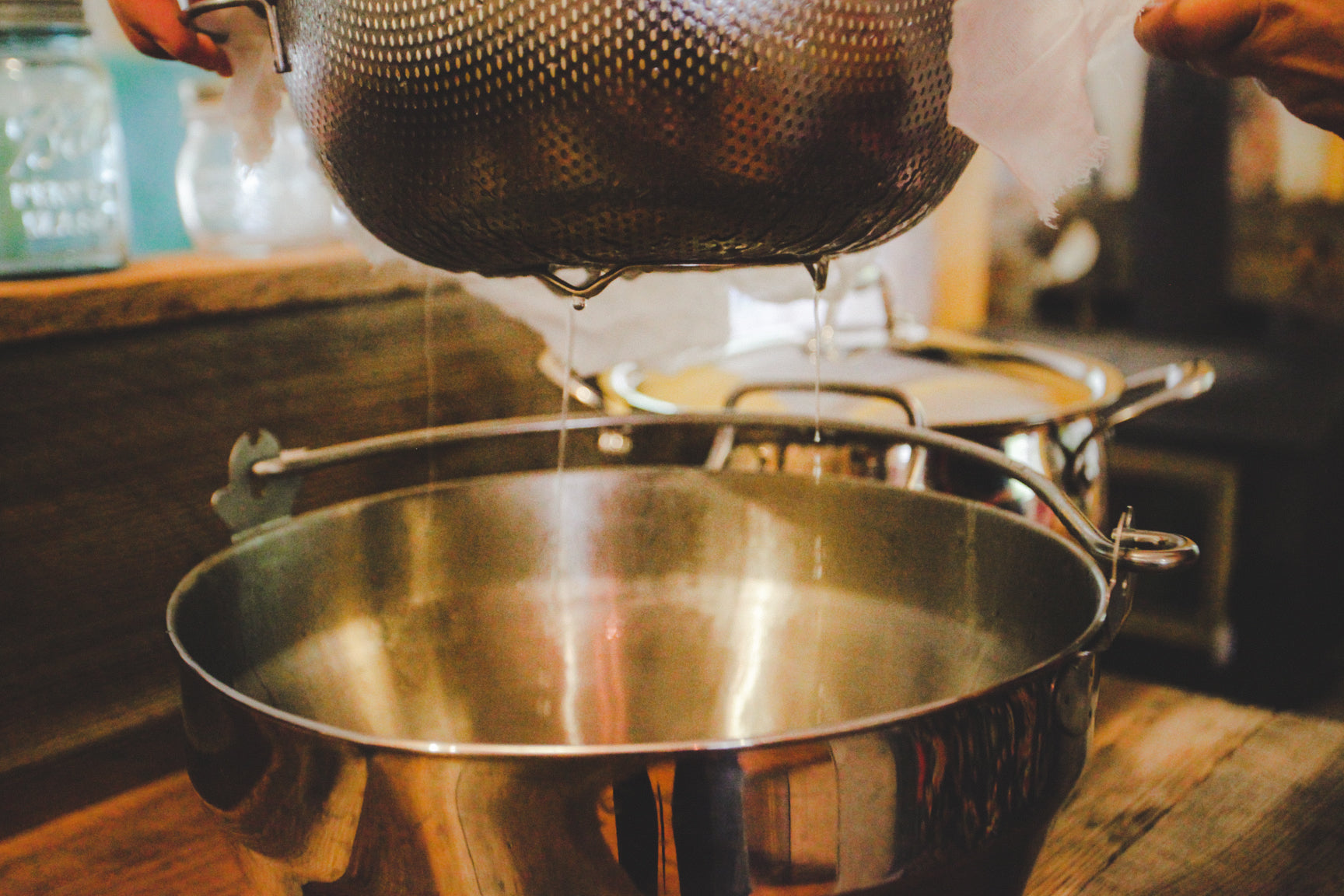
3) Cook the juice
Return the strained apple juice to a clean stockpot and bring it to a boil over high heat and cook until reduced by half.
4) Package for storage
Store finished pectin in half-pint mason jars. Refrigerate and use within 5 days or freeze for up to 6 months.Preservation note: Homemade apple pectin can also be water bathed canned using the hot pack method, leaving a 1/4” head space and processing 1/2 pints for 10 minutes. Store in a cool dark place for up to 1 year.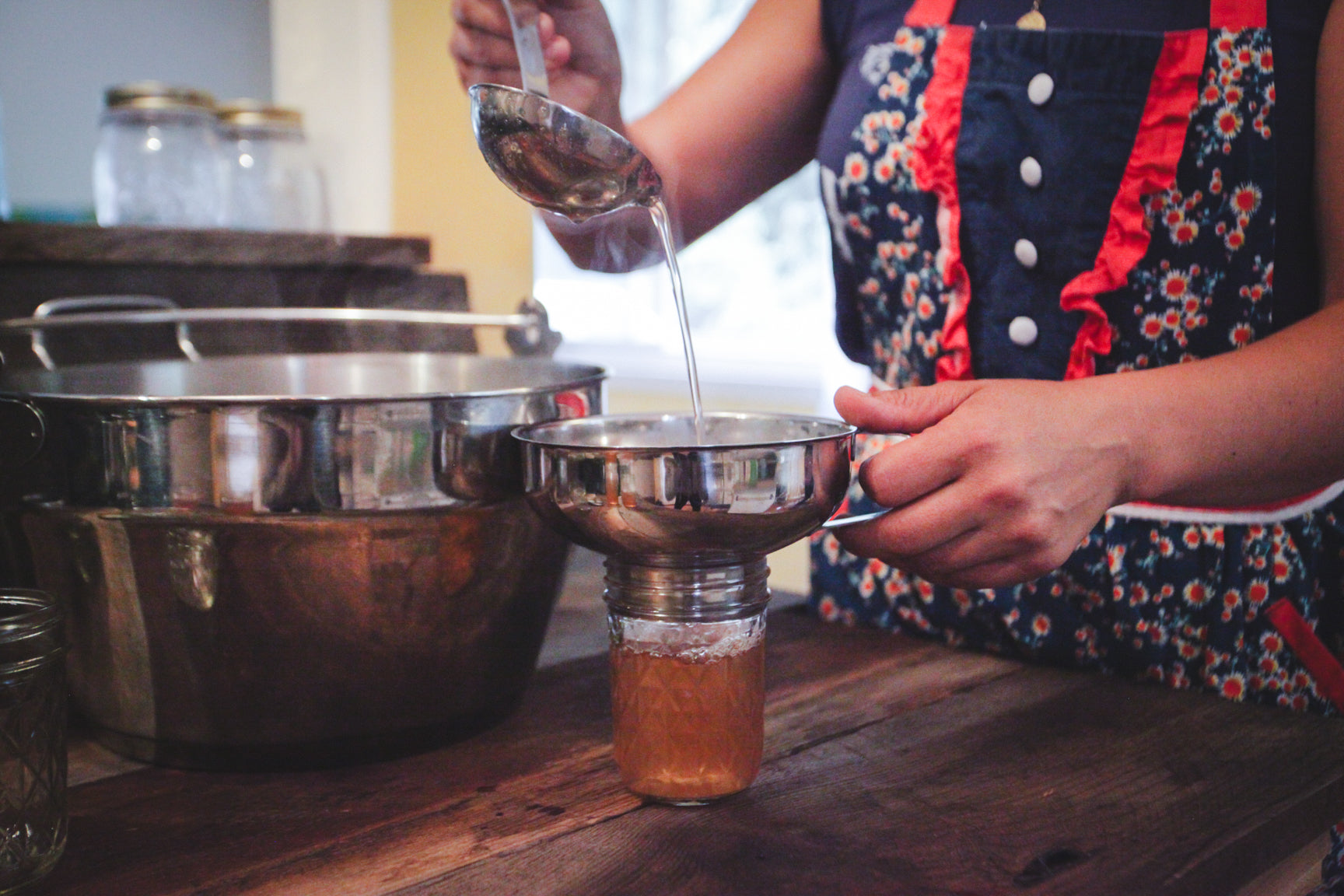
Use your pectin to make some Jam!
Use homemade pectin by adding it to your own jam and jelly recipes made of fruits that are low in natural pectin like stone fruits, strawberries, rhubarb, and pears. Homemade pectin is best used for small batch recipes.
|
Jelly 1 cup pectin |
Jam 1 cup pectin 3 lbs fruit 2 cups sugar 1 Tbls bottled lemon juice |
Check out our article on Jam Making Basics and our Video Workshop on Water Bath Canning if you are not familiar with canning or if you need guidance on a recipe. You should always use a recipe when preserving.
1. Prepared fruit (peeling, seeding, etc. as desired) chop into small pieces. The smaller the pieces the quicker they will cook down. Consider chopping them in the food processor instead of by hand.
2. Place fruit, sugar and lemon juice together in a nonreactive (stainless steel) jam pan or wide stockpot, stir to mix thoroughly. Allow to macerate at least one hour before cooking. This gives the acid a chance to activate the natural pectin in the fruit.
3. Bring the fruit mixture up to a boil over medium-high heat, stirring to prevent scorching.
4. Reduce heat to achieve a gentle boil. Stir frequently for 15-25 minutes until jam has set to your liking (less cooking will make a fruit sauce, longer cooking will make a firmer jam). It should mound up on a cold spoon (not run off freely) or it leaves a clear trail on the bottom of the pan when scraped away from the bottom.
5. Preserve your jam by water bath canning using the hot pack method, leaving 1/4” headspace, and processing for 10 minutes for 1/2 pint jars. Store in a cool dark place for up to 1 year.
Over to You...
It’s part of our mission here at Mountain Feed to help you make delicious, sustainable, homemade food more often. Stop by and say hello on Facebook, Twitter, Instagram or Pinterest. Or, as always, you can do it the old fashioned way and come by the store to speak with one of our in-house experts.
If you are not familiar with the water bath canning method watch our water bath canning video workshop. Always make sure you are following all safety guidelines outlined by the USDA when canning anything.
